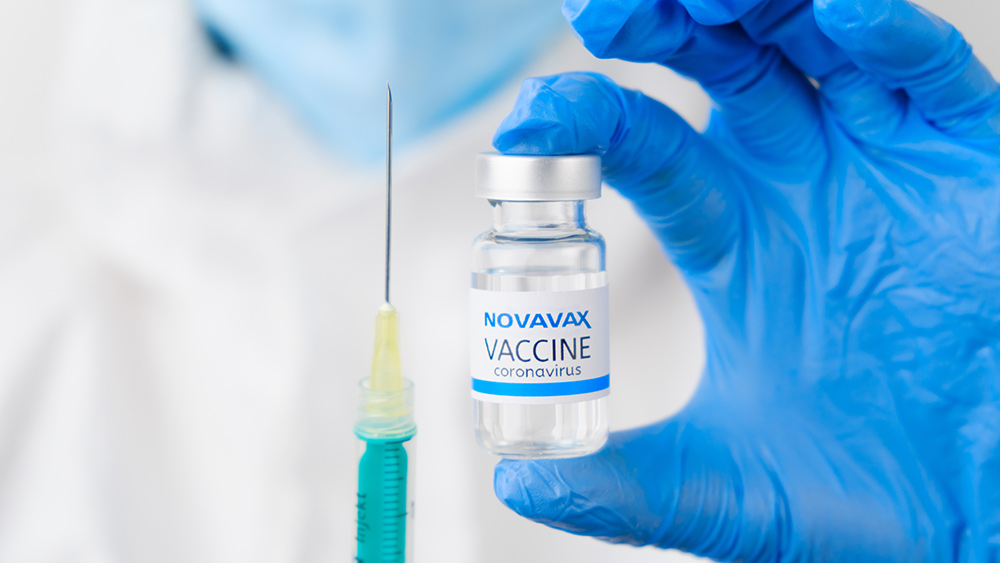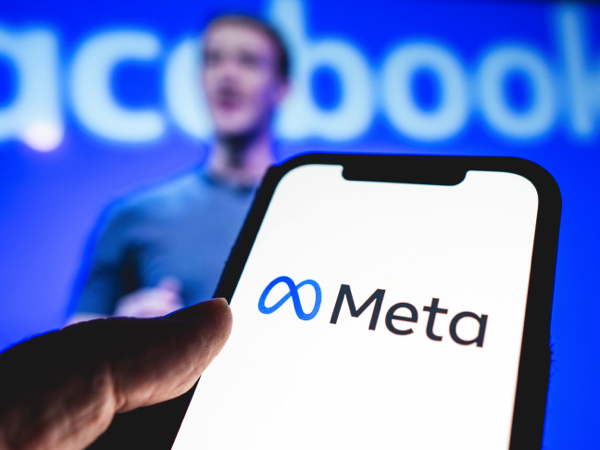Hidden belly fat linked to older-looking brains while muscle mass keeps brains young
11/25/2025 / By Cassie B.

- A new study links body composition directly to brain health and cognitive aging.
- More muscle mass and less dangerous visceral fat are tied to a younger brain.
- Visceral fat, not subcutaneous fat, is the primary driver of accelerated brain aging.
- This offers a proactive, self-directed strategy to combat cognitive decline.
- The findings challenge the focus on weight loss alone, emphasizing muscle preservation.
In a world obsessed with quick fixes for weight and health problems, a groundbreaking new study delivers a powerful, natural truth: the secret to a younger brain may lie in building muscle and shedding dangerous hidden belly fat. This research, to be presented at the annual meeting of the Radiological Society of North America, offers a proactive, self-directed strategy for combating cognitive decline, challenging the narrative that our health is solely in the hands of the medical establishment.
The study involved 1,164 healthy individuals who underwent whole-body MRI scans. Researchers used artificial intelligence to analyze their body composition—specifically muscle mass, visceral fat, and subcutaneous fat—and then calculated each participant’s “brain age.” The results revealed a clear and compelling connection between the body and the brain that goes far beyond simple weight or BMI.
“Healthier bodies with more muscle mass and less hidden belly fat are more likely to have healthier, youthful brains,” said senior study author Dr. Cyrus Raji, an associate professor of radiology and neurology at Washington University School of Medicine in St. Louis. He added, “Better brain health, in turn, lowers the risk for future brain diseases, such as Alzheimer’s.”
The investigation pinpointed visceral fat as the primary culprit in accelerated brain aging. This is the dangerous fat stored deep within the abdomen, surrounding vital organs. The study found that a higher ratio of this visceral fat to muscle mass was directly associated with an older-looking brain. Conversely, subcutaneous fat, the layer found just beneath the skin, showed no significant link to brain age.
The dangerous fat and the protective muscle
This distinction is critical for public health. It means that two people could have the same weight or BMI, but the one with more visceral fat and less muscle is likely on a faster track to cognitive decline. “The participants with more muscle tended to have younger-looking brains, while those with more hidden belly fat relative to their muscle had older-looking brains,” Dr. Raji explained. “The fat just under the skin wasn’t related to brain aging.”
The implications of this research extend into the booming market of weight-loss pharmaceuticals. Widely prescribed GLP-1 drugs like Ozempic are powerful at reducing overall weight but are also associated with significant muscle loss. This study suggests that the optimal approach to health is not just losing weight, but strategically losing the right kind of fat while preserving or building muscle.
“Losing fat—especially visceral fat—while preserving muscle volume would have the best benefit on brain aging and brain health based on insights from our work,” Dr. Raji stated. He noted that these findings could guide the development of future therapeutics that more precisely target visceral fat and minimize muscle loss.
A prescription for action, not a pill
The most empowering aspect of this research is that it highlights factors within our direct control. Building muscle and reducing visceral fat are achievable through lifestyle choices, primarily diet and exercise. This stands in dramatic contrast to the passive model of waiting for a pharmaceutical cure for Alzheimer’s, a disease whose underlying brain changes can begin decades before symptoms appear.
This study reinforces a foundational principle of natural health: the body’s systems are profoundly interconnected. You cannot poison your body with processed foods, inflammatory fats, and a sedentary lifestyle and expect your brain to remain immune. The brain, an organ built from the nutrients we consume, is directly impacted by the health of the rest of the body.
Ultimately, this research hands the power back to the individual. It provides scientific validation for the timeless virtues of physical strength and leanness, not for vanity, but for cognitive liberty. Protecting your mind for the long term is not a mystery solved by a future drug; it is a daily discipline built in the kitchen and the weight room, a personal commitment to preserving the very essence of who you are.
Sources for this article include:
Submit a correction >>
Tagged Under:
aging secrets, belly fat, brain aging, brain health, Censored Science, dementia, fight obesity, fitness, longevity, mind body science, muscle mass, muscles, prevention, research, visceral fat
This article may contain statements that reflect the opinion of the author





















